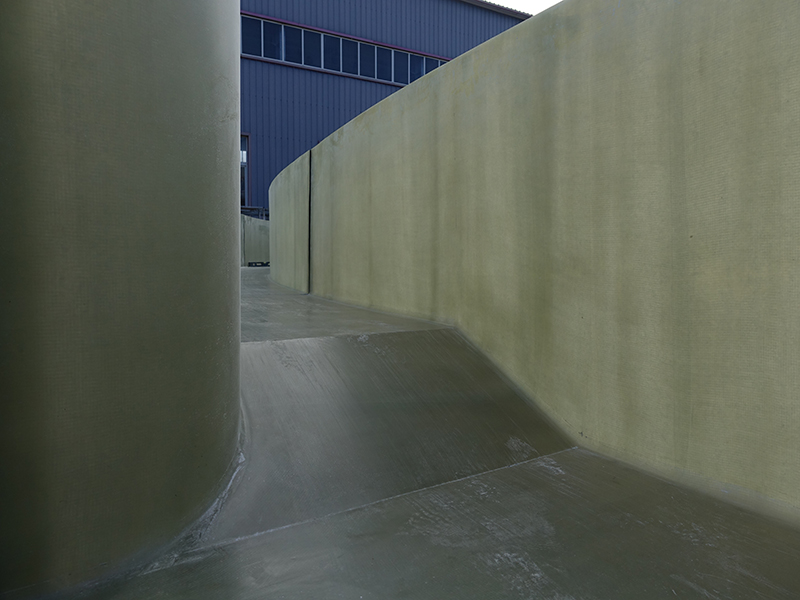
-
 Afrikaans
Afrikaans -
 Albanian
Albanian -
 Amharic
Amharic -
 Arabic
Arabic -
 Armenian
Armenian -
 Azerbaijani
Azerbaijani -
 Basque
Basque -
 Belarusian
Belarusian -
 Bengali
Bengali -
 Bosnian
Bosnian -
 Bulgarian
Bulgarian -
 Catalan
Catalan -
 Cebuano
Cebuano -
 China
China -
 China (Taiwan)
China (Taiwan) -
 Corsican
Corsican -
 Croatian
Croatian -
 Czech
Czech -
 Danish
Danish -
 Dutch
Dutch -
 English
English -
 Esperanto
Esperanto -
 Estonian
Estonian -
 Finnish
Finnish -
 French
French -
 Frisian
Frisian -
 Galician
Galician -
 Georgian
Georgian -
 German
German -
 Greek
Greek -
 Gujarati
Gujarati -
 Haitian Creole
Haitian Creole -
 hausa
hausa -
 hawaiian
hawaiian -
 Hebrew
Hebrew -
 Hindi
Hindi -
 Miao
Miao -
 Hungarian
Hungarian -
 Icelandic
Icelandic -
 igbo
igbo -
 Indonesian
Indonesian -
 irish
irish -
 Italian
Italian -
 Japanese
Japanese -
 Javanese
Javanese -
 Kannada
Kannada -
 kazakh
kazakh -
 Khmer
Khmer -
 Rwandese
Rwandese -
 Korean
Korean -
 Kurdish
Kurdish -
 Kyrgyz
Kyrgyz -
 Lao
Lao -
 Latin
Latin -
 Latvian
Latvian -
 Lithuanian
Lithuanian -
 Luxembourgish
Luxembourgish -
 Macedonian
Macedonian -
 Malgashi
Malgashi -
 Malay
Malay -
 Malayalam
Malayalam -
 Maltese
Maltese -
 Maori
Maori -
 Marathi
Marathi -
 Mongolian
Mongolian -
 Myanmar
Myanmar -
 Nepali
Nepali -
 Norwegian
Norwegian -
 Norwegian
Norwegian -
 Occitan
Occitan -
 Pashto
Pashto -
 Persian
Persian -
 Polish
Polish -
 Portuguese
Portuguese -
 Punjabi
Punjabi -
 Romanian
Romanian -
 Russian
Russian -
 Samoan
Samoan -
 Scottish Gaelic
Scottish Gaelic -
 Serbian
Serbian -
 Sesotho
Sesotho -
 Shona
Shona -
 Sindhi
Sindhi -
 Sinhala
Sinhala -
 Slovak
Slovak -
 Slovenian
Slovenian -
 Somali
Somali -
 Spanish
Spanish -
 Sundanese
Sundanese -
 Swahili
Swahili -
 Swedish
Swedish -
 Tagalog
Tagalog -
 Tajik
Tajik -
 Tamil
Tamil -
 Tatar
Tatar -
 Telugu
Telugu -
 Thai
Thai -
 Turkish
Turkish -
 Turkmen
Turkmen -
 Ukrainian
Ukrainian -
 Urdu
Urdu -
 Uighur
Uighur -
 Uzbek
Uzbek -
 Vietnamese
Vietnamese -
 Welsh
Welsh -
 Bantu
Bantu -
 Yiddish
Yiddish -
 Yoruba
Yoruba -
 Zulu
Zulu
frp valve
Understanding FRP Valves An Overview of Their Applications and Benefits
FRP (Fiberglass Reinforced Plastic) valves are increasingly gaining popularity in various industrial applications due to their excellent corrosion resistance, lightweight nature, and impressive mechanical properties. These valves are primarily designed for handling corrosive fluids and gases, making them ideal for industries such as chemical processing, oil and gas, wastewater treatment, and many others. This article will explore the unique characteristics, advantages, and applications of FRP valves, highlighting their significance in modern industrial operations.
Characteristics of FRP Valves
FRP valves are made from a composite material that combines a plastic matrix, typically polyester or vinyl ester resin, reinforced with glass fibers. This unique construction offers several inherent characteristics
1. Corrosion Resistance One of the most significant advantages of FRP valves is their ability to withstand corrosion from aggressive chemicals. Unlike traditional metal valves, FRP does not rust or corrode, which prolongs the lifespan of the valves and reduces maintenance costs.
2. Lightweight FRP valves are much lighter than their metal counterparts, making them easier to handle, install, and maintain. This lightness also reduces the structural load on piping systems.
3. High Strength-to-Weight Ratio The addition of glass fibers significantly enhances the mechanical strength of FRP valves, allowing them to withstand high pressure and temperature conditions common in industrial processes.
4. Thermal Insulation FRP has low thermal conductivity, reducing heat transfer and minimizing thermal shock in applications involving extreme temperature fluctuations.
Advantages of Using FRP Valves
The use of FRP valves comes with numerous advantages that make them an attractive choice for industries dealing with corrosive substances
1. Cost-Effective While the initial cost of FRP valves may be higher than that of traditional valves, their durability and low maintenance needs lead to significant cost savings over time. The reduction in corrosion-related failures also means less downtime and fewer replacements.
frp valve

2. Safety FRP valves eliminate the risk of leaks associated with corrosive substances, enhancing safety for workers and the environment. Their non-conductive properties minimize the risk of electrical hazards.
3. Versatility FRP valves can be engineered to meet specific requirements for different industrial applications. They can be produced in various sizes, pressure ratings, and configurations, making them suitable for a wide range of operating conditions.
4. Environmentally Friendly The extended lifespan and reduced maintenance of FRP valves contribute to environmental sustainability. Their resistance to corrosion leads to fewer leaks and spills, which is crucial in protecting ecosystems from chemical contaminants.
Applications of FRP Valves
FRP valves find applications across various industries due to their superior properties. Some common applications include
1. Chemical Processing In the chemical manufacturing industry, FRP valves are employed to transport aggressive chemicals, acids, and alkalis without the risk of corrosion.
2. Water and Wastewater Treatment These valves are ideal for handling corrosive effluents and sewage, ensuring reliable operation in harsh conditions while reducing the risk of leaks.
3. Oil and Gas Within the oil and gas sector, FRP valves are used in offshore platforms and refineries, where their corrosion resistance is critical against salty seawater and other aggressive mediums.
4. Food Processing The non-toxic nature of FRP makes it suitable for food and beverage applications, notably in processes where hygiene and contamination prevention are essential.
Conclusion
In conclusion, FRP valves represent a versatile and durable solution for industries dealing with corrosive materials. Their unique characteristics, such as corrosion resistance, lightweight nature, and safety features, make them a preferred choice over traditional materials. By utilizing FRP valves, industries can achieve enhanced operational efficiency, lower maintenance costs, and contribute to a safer and more sustainable environment. As industrial processes continue to evolve and become more complex, the importance of reliable and effective valve solutions, such as FRP, will undeniably grow.









